From invasions and internal revolts to strikes on its leadership, Iran’s theocratic regime has survived for almost half a century through countless crises and foreign interventions.
Repeatedly, and often against the odds, the Islamic Republic…
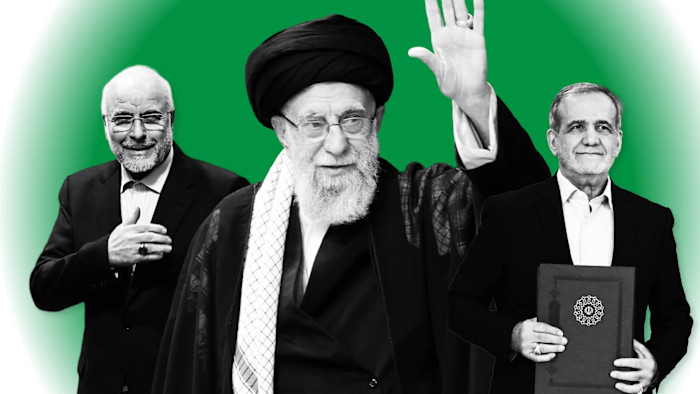
From invasions and internal revolts to strikes on its leadership, Iran’s theocratic regime has survived for almost half a century through countless crises and foreign interventions.
Repeatedly, and often against the odds, the Islamic Republic…
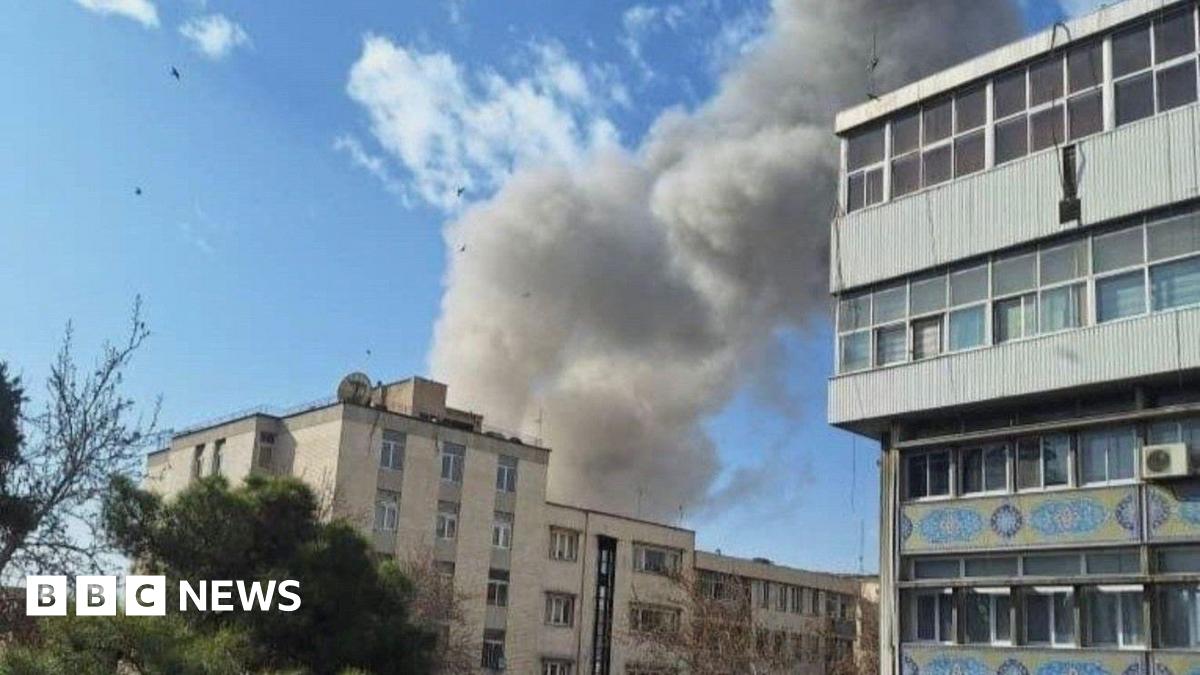
 Hugo Bachega
Hugo Bachega
Middle East correspondent in Jerusalem
Sirens sounded across Israel at around 08:15 local time (06:15 GMT), alerting people of the threat of a possible missile…

The US and Israeli strikes on Iran come just a day after the latest round of indirect nuclear talks between Iran and the US.
Iranian state…
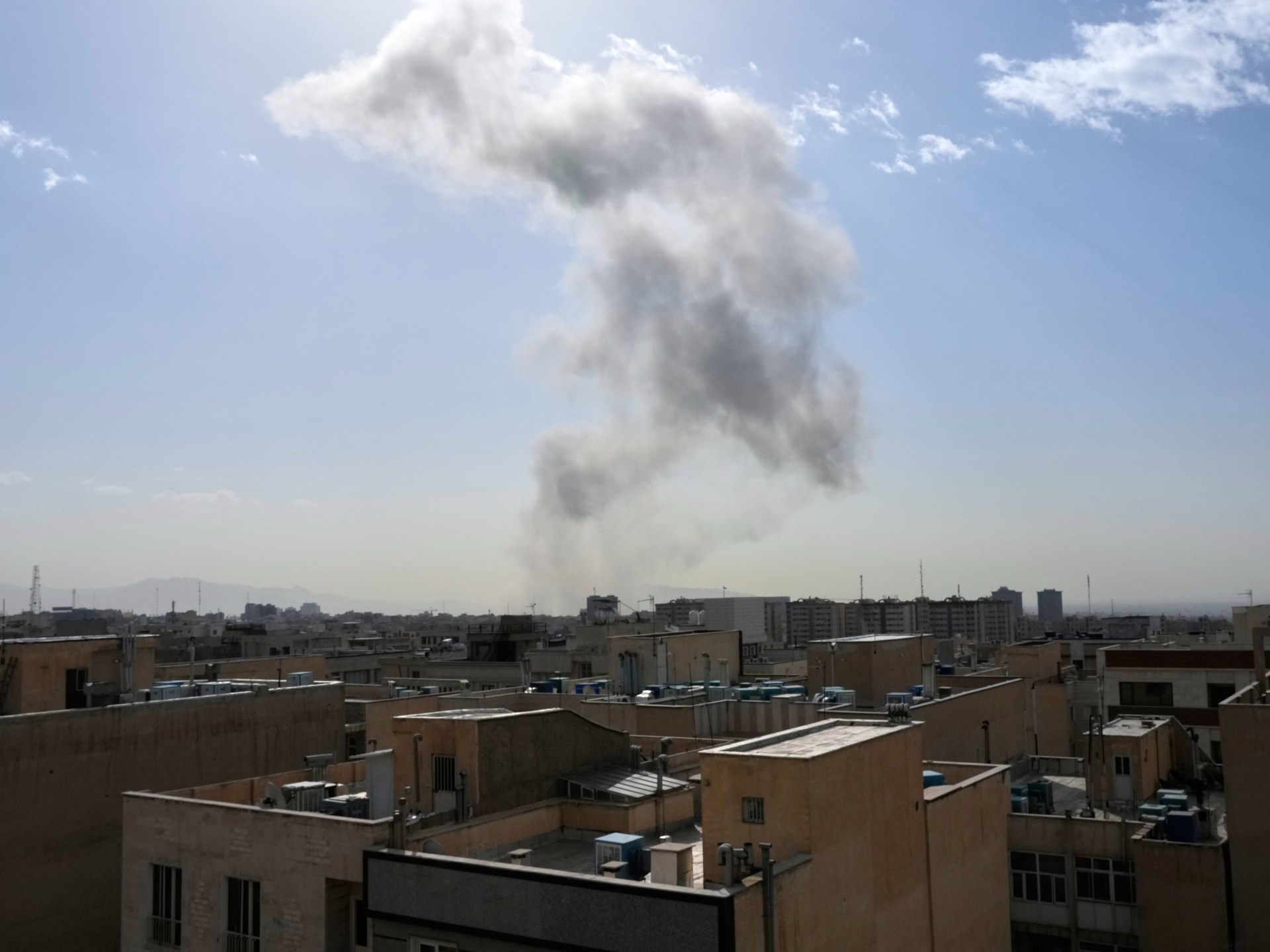
BREAKINGBREAKING,
Israel’s Defence Minister Israel Katz said Israel had waged the attack to preemptively “remove threats to the State of Israel”.
Published On 28 Feb 2026

Air force plane transporting cash veers off runway and into busy road; crowds scramble for scattered banknotes in the wreckage.
Published On 28 Feb 2026
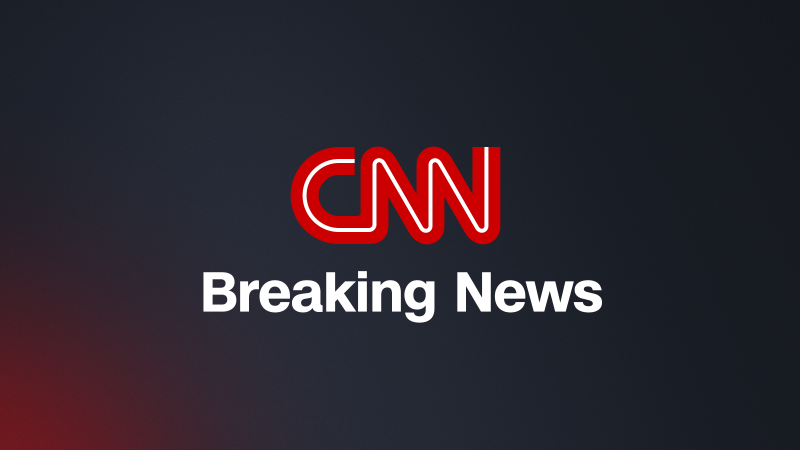
Israel launched what it called a “preemptive strike” against Iran Saturday morning, according to Defense Minister Israel Katz, as a state of emergency was declared across the country.
…
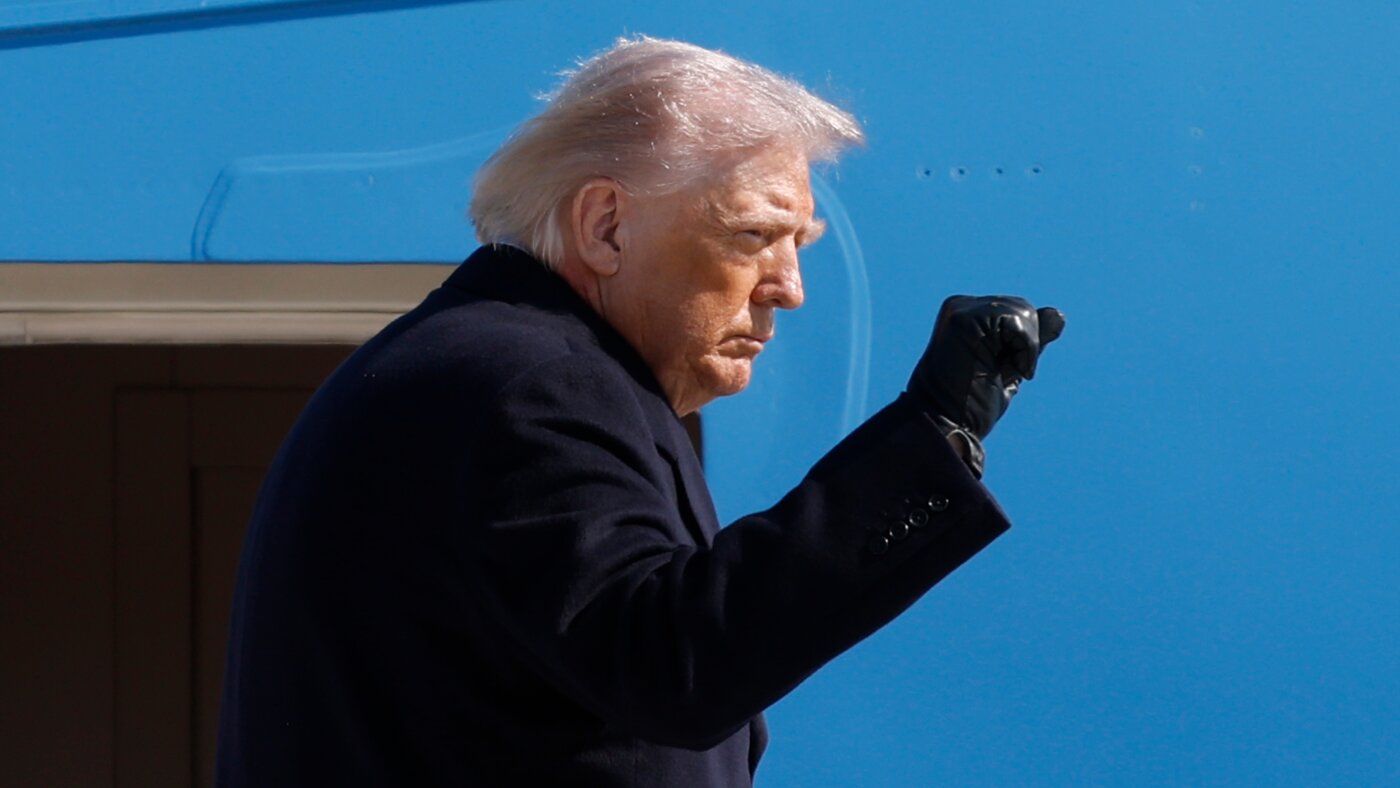
President Donald Trump gestures from the stairs of Air Force One upon his arrival at Joint Base Andrews, Md., Friday, Feb….